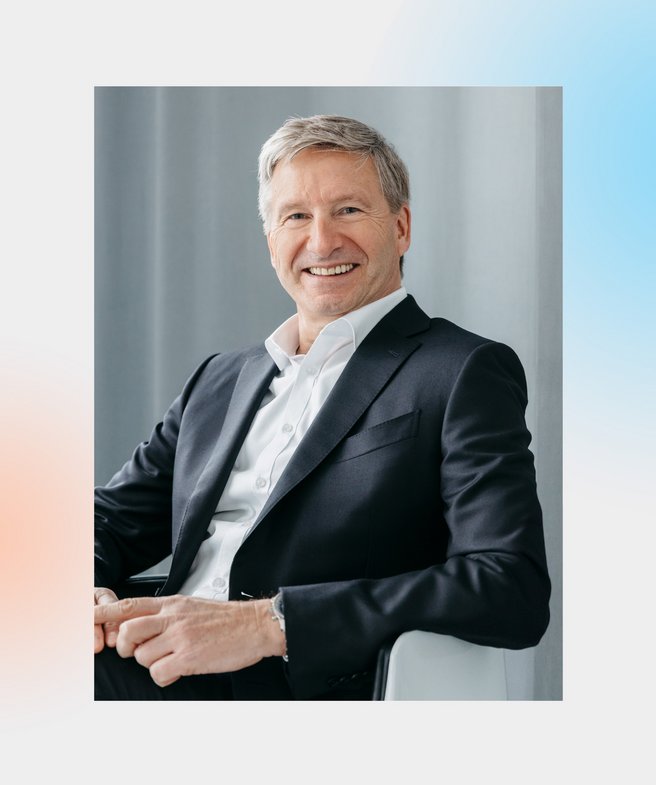“WE’RE A COMPANY THAT LIVES DIVERSITY”

"We believe that diverse teams work together more creatively, find better solutions in the face of ever more rapidly changing conditions and can better respond overall to our clients, who are also very diverse."